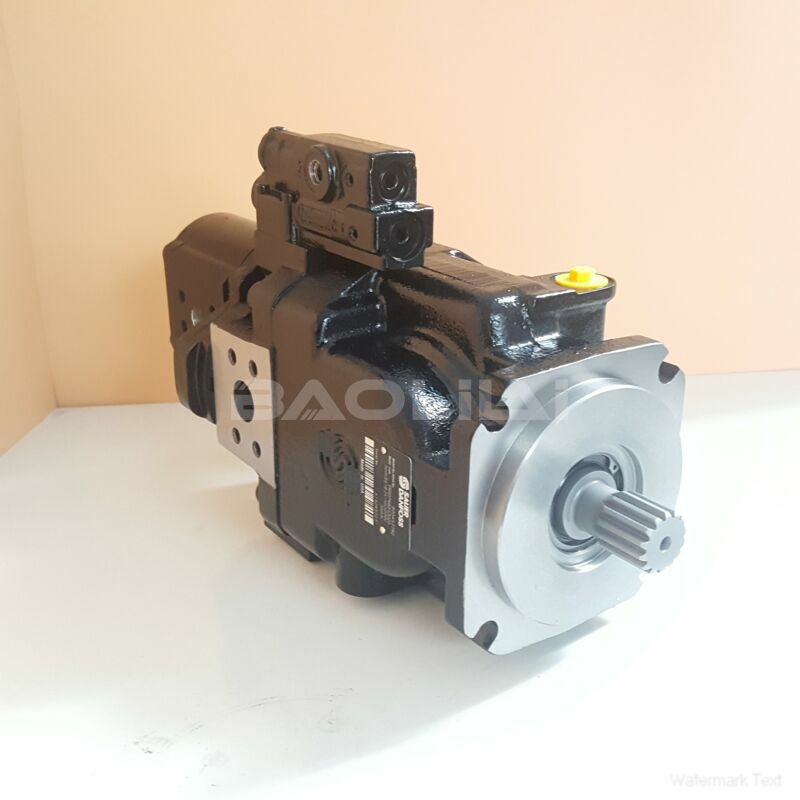FRL074BLS2520NNN3S1R2A1NAAANNNNNN hydraulic pump
FRL074BLS2520NNN3S1R2A1NAAANNNNNN hydraulic pump

- Product Details
- Applicable Scene
In the ever-evolving field of environmental protection and air quality management, high-pressure pumps have emerged as vital components in various air quality control systems. These pumps play a significant role in ensuring that air quality remains within acceptable standards, ultimately safeguarding public health and the environment. This article explores the numerous benefits of high-pressure pumps in air quality control systems.
FR-L-074B-LS-25-20-NN-N-3-S1R2-A1N-AAA-NNN-NNN
FRL074BLS2520NNN3S1R2A1NAAANNNNNN
One of the primary advantages of high-pressure pumps is their ability to efficiently move large volumes of air and fluids at elevated pressures. This capability is essential in systems designed to filter pollutants, such as particulate matter, volatile organic compounds, and other harmful gases from the atmosphere. By increasing the pressure of the airflow, these pumps enable improved contact between the air and filtration media, leading to more effective pollutant removal and better overall air quality.

83033008
High-pressure pumps also contribute to the versatility of air quality control systems. They can be used in various applications, including industrial ventilation, wastewater treatment, and hazardous waste management. Their adaptability allows for customized solutions tailored to the specific needs of different environments, from urban areas facing heavy pollution to industrial sites with stringent regulatory requirements. As air quality standards become more stringent globally, high-pressure pumps offer the flexibility needed to meet these challenges.
Another significant benefit of high-pressure pumps is their contribution to energy efficiency. Modern high-pressure pumping technology is designed with energy-saving features that optimize performance while reducing power consumption. By using high-efficiency motors and advanced control systems, these pumps minimize energy waste, which is crucial in maintaining sustainable operations. Consequently, organizations can lower their operational costs and reduce their carbon footprint while effectively managing air quality.





